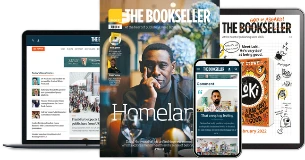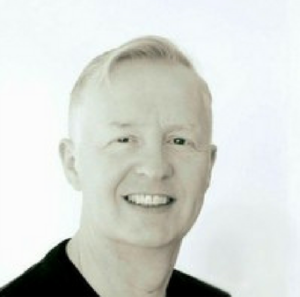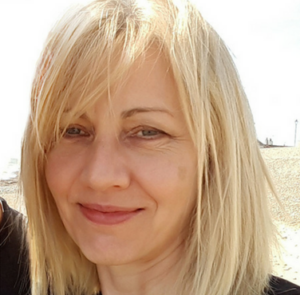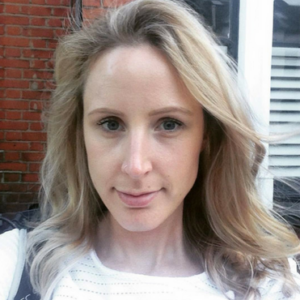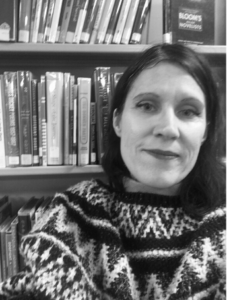Gabby De Matteis, Brand Editorial Manager of Doctor Who (this My Job in 5 was written in 2018) shares how she strengthens the publishing brand of BBC’s most famous Doctor.
Describe your role. 
I work with the BBC’s licensees, looking after all the Doctor Who stories told in different media outside of the TV show itself. That involves things like approving books from Penguin Random House, comic books from Titan, audio dramas from Big Finish, as well as working with new partners in gaming, live events, other spaces…! I’ll look at concepts and outlines for each new story idea, then read first drafts, giving feedback at each stage. It’s my job to make sure everything feels like it ties in with the established Doctor Who brand, as well as fitting alongside the new series which starts on BBC One this month. I also oversee our editorial relationship with Doctor Who Magazine and approve bits and bobs of copy for things like toy packaging and TV listings. I spend part of my week working in London with the brand’s commercial team, and part with the production team who make the show at Roath Lock Studios in Cardiff.
What do you like best about being Brand Editorial Manager?
I’ve been a huge Doctor Who fan since I was a teenager, so working closely with the production team is honestly a dream come true. Getting to read scripts, seeing sets being built, watching filming…it never gets old! And books are my first love – I worked as an editor at Penguin Children’s before I started this role. So I feel incredibly lucky to do a job which involves
both books and my favourite TV show.
Which new projects or titles are you working on at the minute?
At the moment everyone working on Doctor Who is gearing up for
the start of Series 11, so my time is mostly taken up by all things Thirteenth Doctor related. We’ve got a lot of publishing featuring the new Doctor launching soon – a host of Thirteenth Doctor books from Penguin Random House by amazing authors like Juno Dawson and David Solomons, a new Thirteenth Doctor comic range from Titan – plus all sorts of new partnerships, like our Doctor Who escape rooms which open in December.
What skills do you need to be a Brand Editorial Manager?
Like any editorial role, it helps to be able to read fast, to have an eye for detail, to prioritise well – plus a good memory to store lots of Doctor Who knowledge…! A strong understanding of the source material is key – knowing the feel of the show, what characteristics have been at the heart of Doctor Who in the past, and what will they be going forward. My role is
sometimes like being a middle man, taking the vision of the production team and helping translate it into a different medium, whether
that’s a book or comic or the script for a game.
What advice would you give to those looking to work in the industry?
Probably the most basic advice going, but tailor every CV and
cover letter you send off – make it easy for the recipient to see why you’re perfect for the specific role in question. And don’t be afraid to show passion in applications and interviews – I used to worry about coming across as too keen, but if you can talk about a role with genuine enthusiasm, that’s a brilliant thing. Also I think it pays to be annoyingly persistent! If you’re the one person of ten who follows up after an interview asking for feedback, it’ll set you apart and you might be kept in mind in future.
Discover editorial roles, including Brand Editorial Manager with Jobs in Books.
